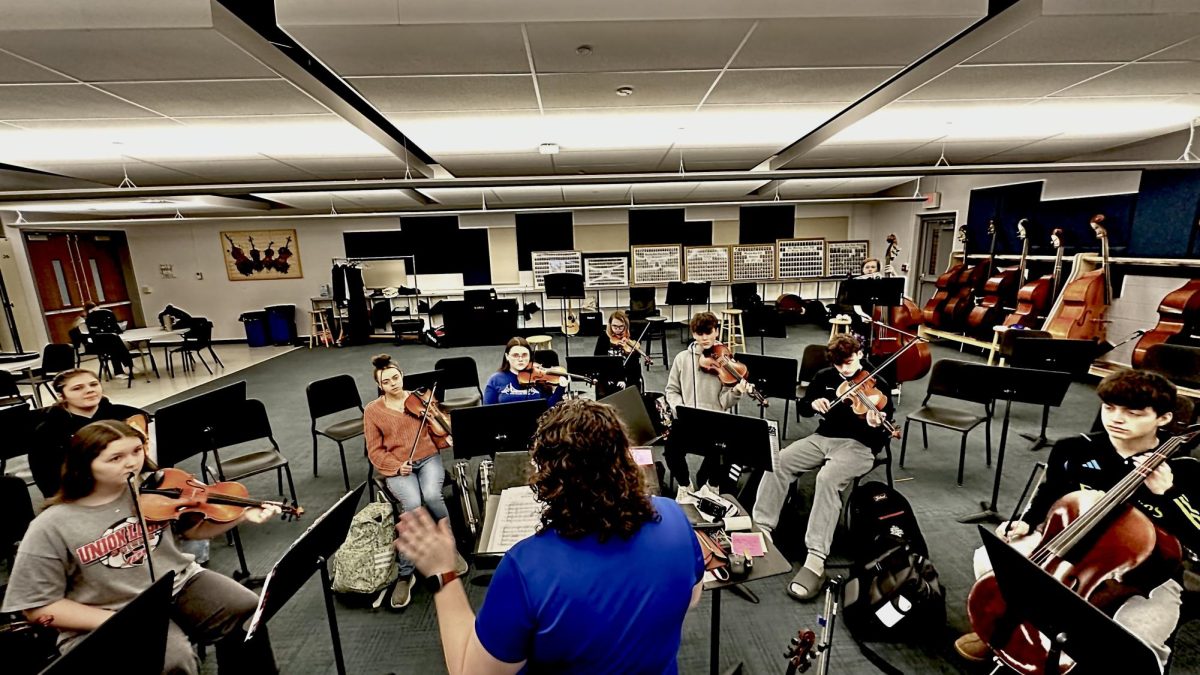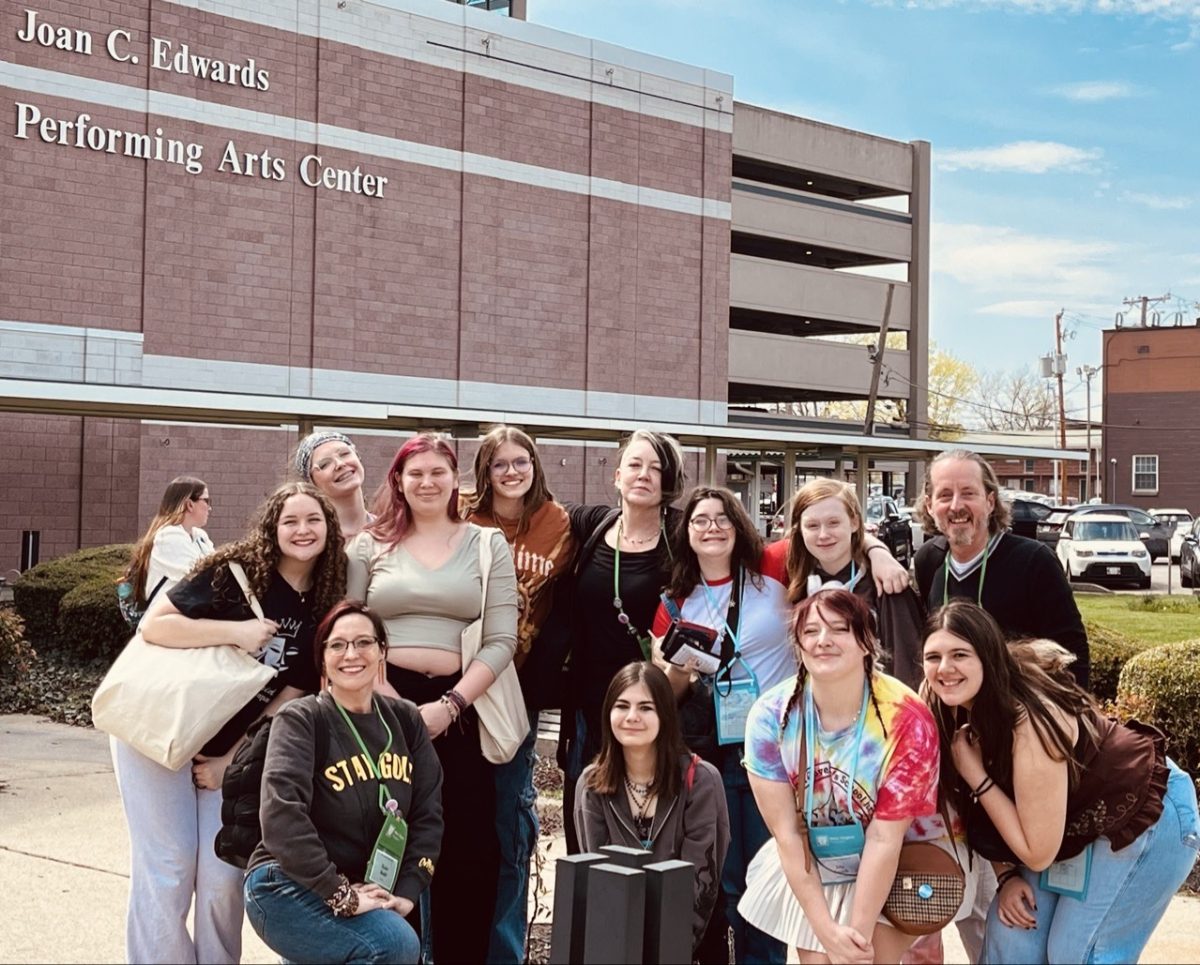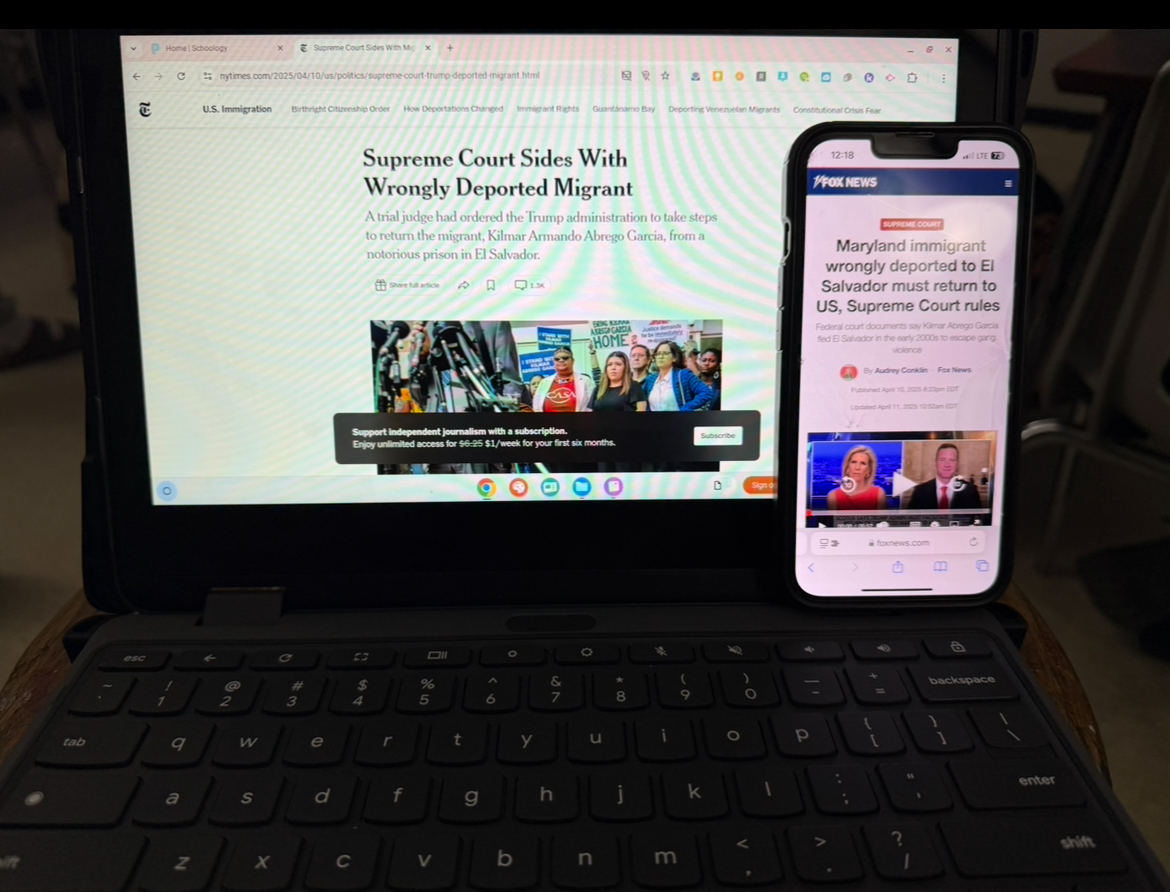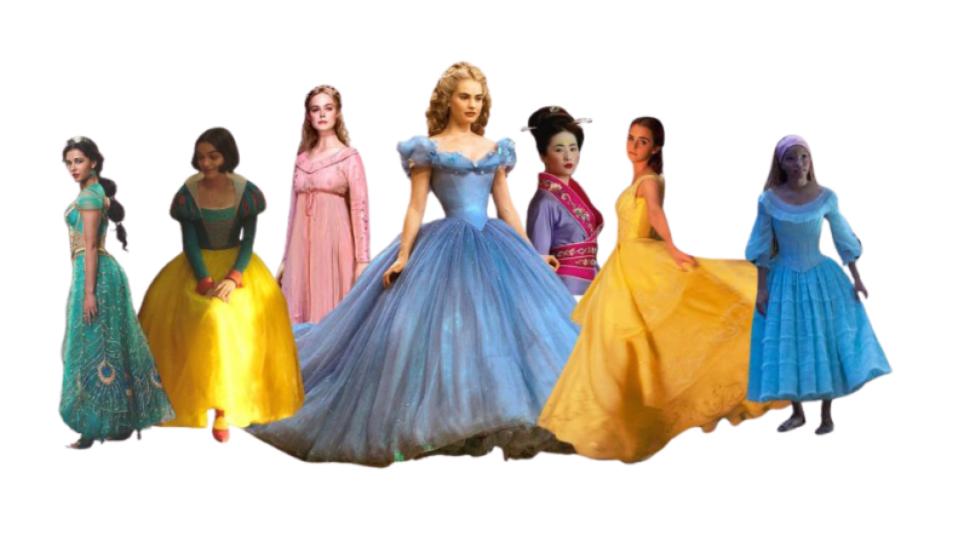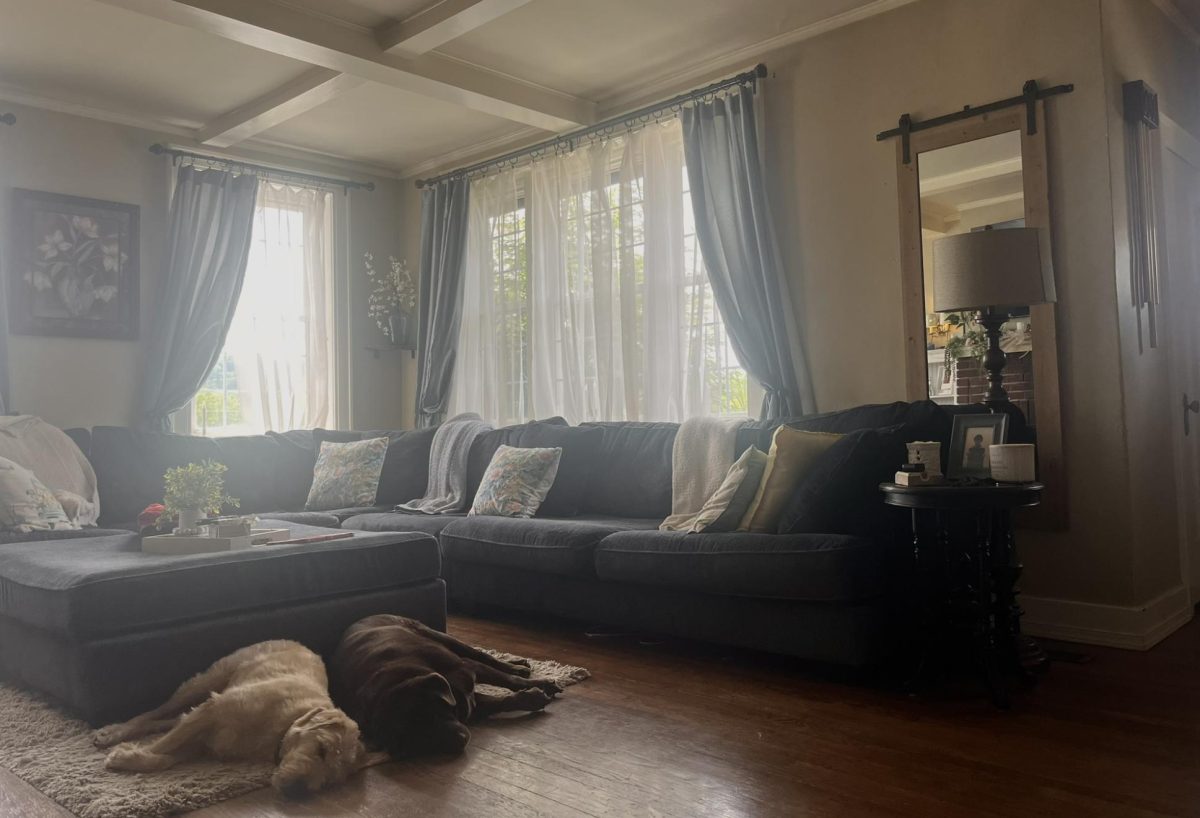Throughout life, loss is something that everyone will experience. Whether that’s in the terms of a possession, a job, or a family member. The feeling of loss can come in many different forms but there is one universal step that precedes it, coping. According to National Institutes of Health, coping is the act of managing negative emotions, and working to rebuild a positive mental space.
As someone who is pretty involved here at Wheeling Park, I find that I lack the time to do things that I should be doing to improve my mental health. Though I love the things I’m involved in, and the classes I take, it’s hard to find the motivation for them when I’m combating negative emotions. Struggling with mental health is pretty universal, what differentiates people’s situations is the way they choose to pull themselves out of it.
For as long as I can remember, I have always turned a blind eye to my struggle. When I’m stressed, or upset I immediately shut down, and pretend that it doesn’t exist. I often let my feelings bottle up, until eventually I crack. This makes moving past my problems 10 times harder, and can even push my mental progress backward. According to Manhattan Mental Health Counseling, deflecting is redirecting your feelings away from a challenging issue and toward something less emotionally charged. I find that this is incredibly relevant toward the beginning of the school year.
When I say that September is not my month, I mean it. The universe gets more creative every year with my September Incident. From breakups, to the loss of a pet, without a doubt it’s happening in September. September also happens to be my birth month. I like to think it’s the final test to see if I’ve earned another year. The issue is it’s pretty difficult juggling the workload I have, plus extracurriculars, and a job on top of struggling with my mental health. I feel that I don’t have time to be upset and that I need to focus on my work, but when I ignore the elephant in the room, it’s hard to focus on my academics and causes me to freeze.
The deflecting paralysis is a feeling I’m all too familiar with. When my anxiety builds up, rather than pushing me to work, I literally freeze. This is a pretty common feeling that follows deflection, and is the very reason I work towards better coping mechanisms. There is absolutely nothing worse than something from up to three months ago stopping me from completing my current work. The act of deflecting is like a pair of rose colored glasses that makes all the bad go away and puts you in a world of rainbows and sunshine, but that doesn’t last for long. Eventually you can no longer push it under the rug, and you have to just let it out.
Finding a healthy coping mechanism has taken me literal years, and to be quite honest I still fall into my old habits of deflecting. It wasn’t until this year that I decided I needed to embrace the storm, and face my issues head on. There are a multitude of different healthy coping strategies that are split into five main categories. According to The Mental Health Match, these are: relaxation, cognitive reframing, problem solving, emotional regulation, and self care. With so many options it’s important that we find a healthy way to move past the bad, and work towards the good.
I understand that when going through something upsetting, it’s difficult to see the light at the end of the tunnel. But I promise each and every one of you that working towards a positive future is worth it. It’s important that we recognize our problems, while also working to solve them. Creating a healthier mental space is one of the best things you can do for yourself, and that starts with overcoming your past problems.











